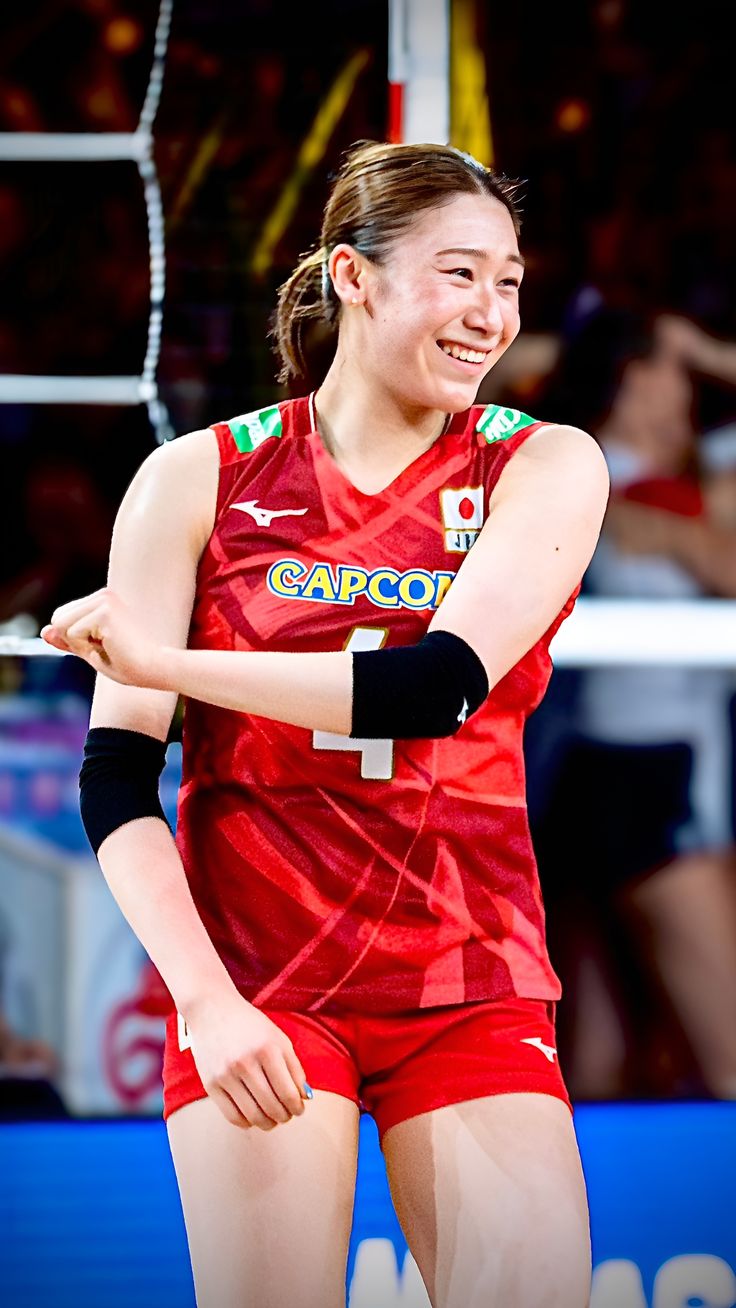The bustling metropolis of Bangkok, a city known for its vibrant energy and rich cultural tapestry, recently played host to more than just tourists. It became the backdrop for a significant moment in international volleyball: the start of the FIVB Volleyball Women’s World Championship. Amidst the cheers and strategic maneuvers, a new narrative began to unfold for the Japanese national team, personified by their new captain, Mayu Ishikawa.
For any athlete, stepping into a leadership role at a global championship is a monumental task. For Ishikawa, an outside hitter making her captaincy debut at this prestigious event, the pressure was palpable, yet her performance against Cameroon on Saturday was anything but burdened. Japan secured a decisive 3-0 victory (25-17, 25-21, 25-17) in Pool H, and Ishikawa, with her composed demeanor, contributed 11 points, including two crucial blocks. It was a statistical display that perfectly encapsulated her role: a scoring threat balanced with a defensive presence, a leader who contributes actively rather than merely directing from the sidelines.
One might imagine the weight of expectation on a young captain`s shoulders, particularly when tasked with steering a nation with a rich, albeit distant, history of volleyball supremacy. Japan last claimed the Women`s World Championship title in 1974. That`s nearly half a century ago, a period long enough to transition from black-and-white televisions to high-definition streaming. Ishikawa, however, approaches this formidable challenge with a refreshing pragmatism. “As the team captain, I try my best to take responsibility and lead the team, while also not putting too much pressure on myself and focusing on bringing everyone together,” she stated. This sentiment speaks volumes, revealing a leader focused on collective strength rather than individual heroism, a crucial distinction in a team sport.
Ishikawa`s ascension to captaincy is not a sudden rise but a carefully cultivated journey. Her integration into the senior national team began in 2019, making her debut at the FIVB Volleyball World Cup in the same year. That season also saw her play a key role in Japan`s triumph at the Asian Women’s Volleyball Championship. Her prowess and potential were undeniable. This year, prior to the World Championship, she donned the captain`s armband for the first time during the Volleyball Nations League, a strategic move allowing her to acclimate to the demands of leadership before the grand stage. It`s a progression that mirrors a carefully orchestrated chess game, moving a promising pawn to the position of queen.
Her journey represents more than just personal achievement; it symbolizes a new chapter for Japanese volleyball. The team`s quest to reclaim their place at the pinnacle of world volleyball is now intrinsically linked with Ishikawa`s leadership. It`s a delicate balance of honoring a storied past while boldly charting a course for the future. Her ability to blend her offensive firepower with a calm, unifying presence on the court will be paramount.
As the World Championship progresses in Bangkok, all eyes will be on Mayu Ishikawa and her team. Her debut performance hinted at a captain capable of navigating the high-stakes environment with grace and effectiveness. Whether this new era will ultimately lead to a long-awaited World Championship title remains to be seen, but one thing is clear: Japan has found a leader who understands that true strength lies not just in powerful spikes, but in the quiet, resolute act of bringing everyone together. And that, perhaps, is a victory in itself.

